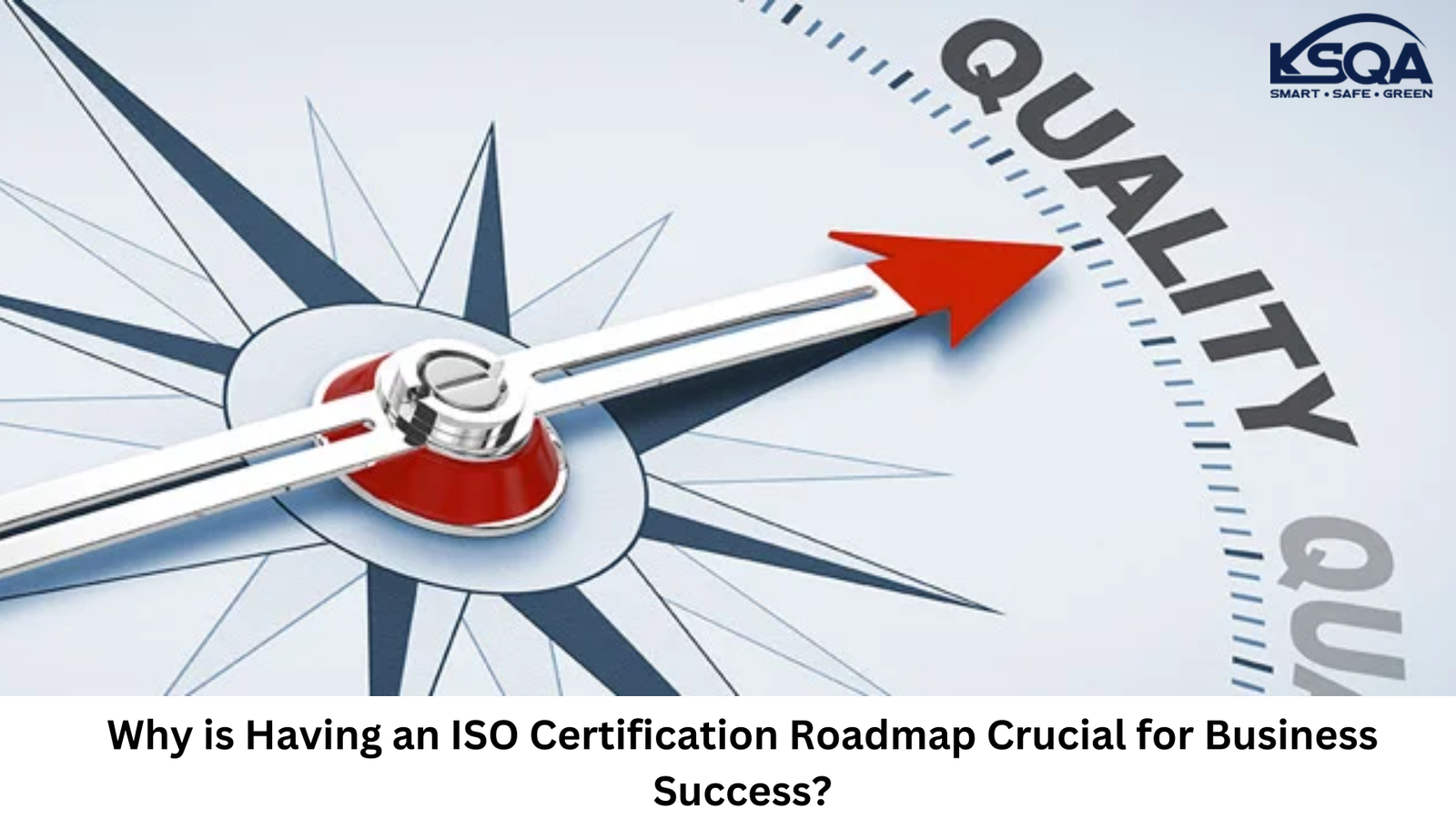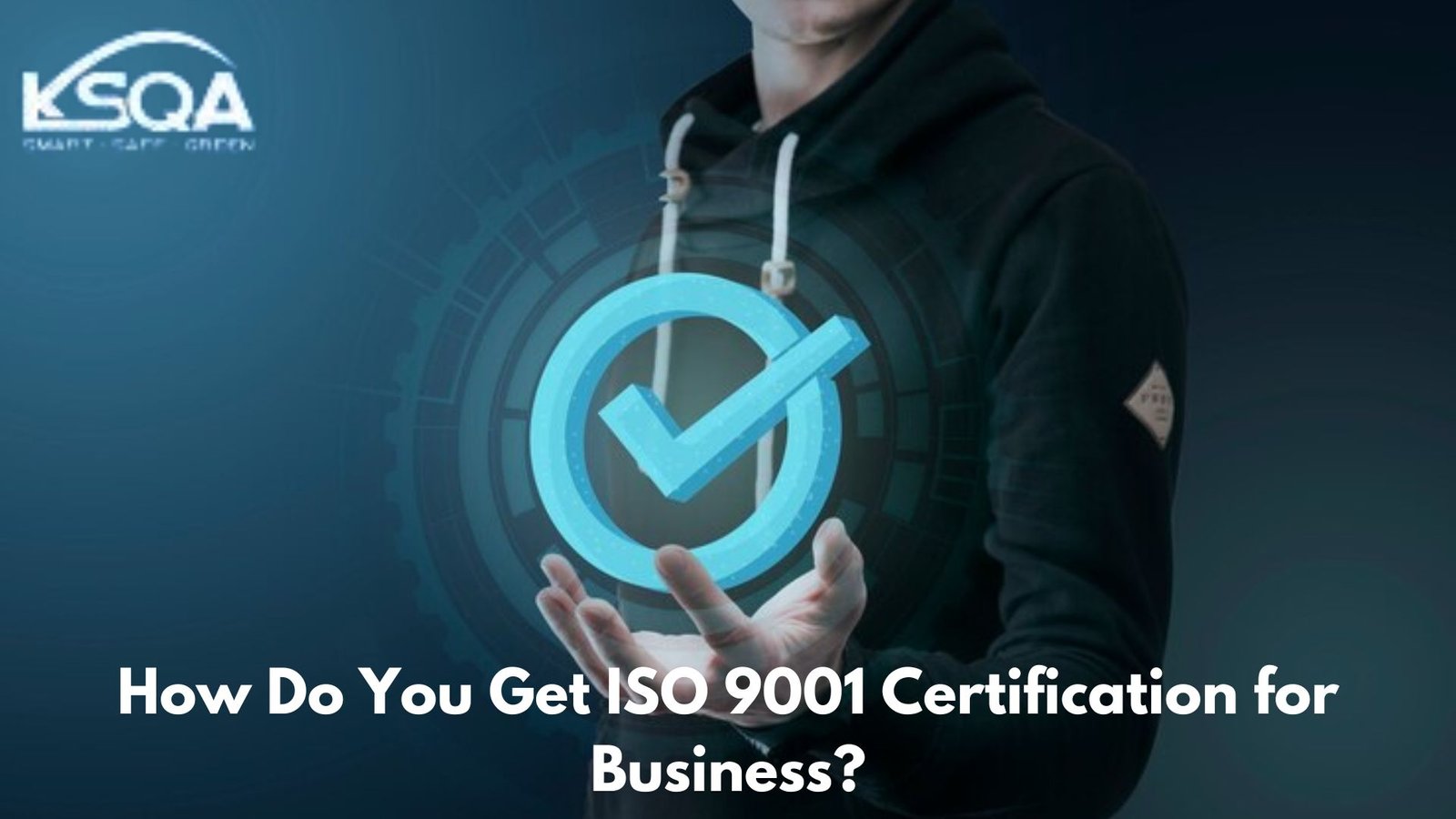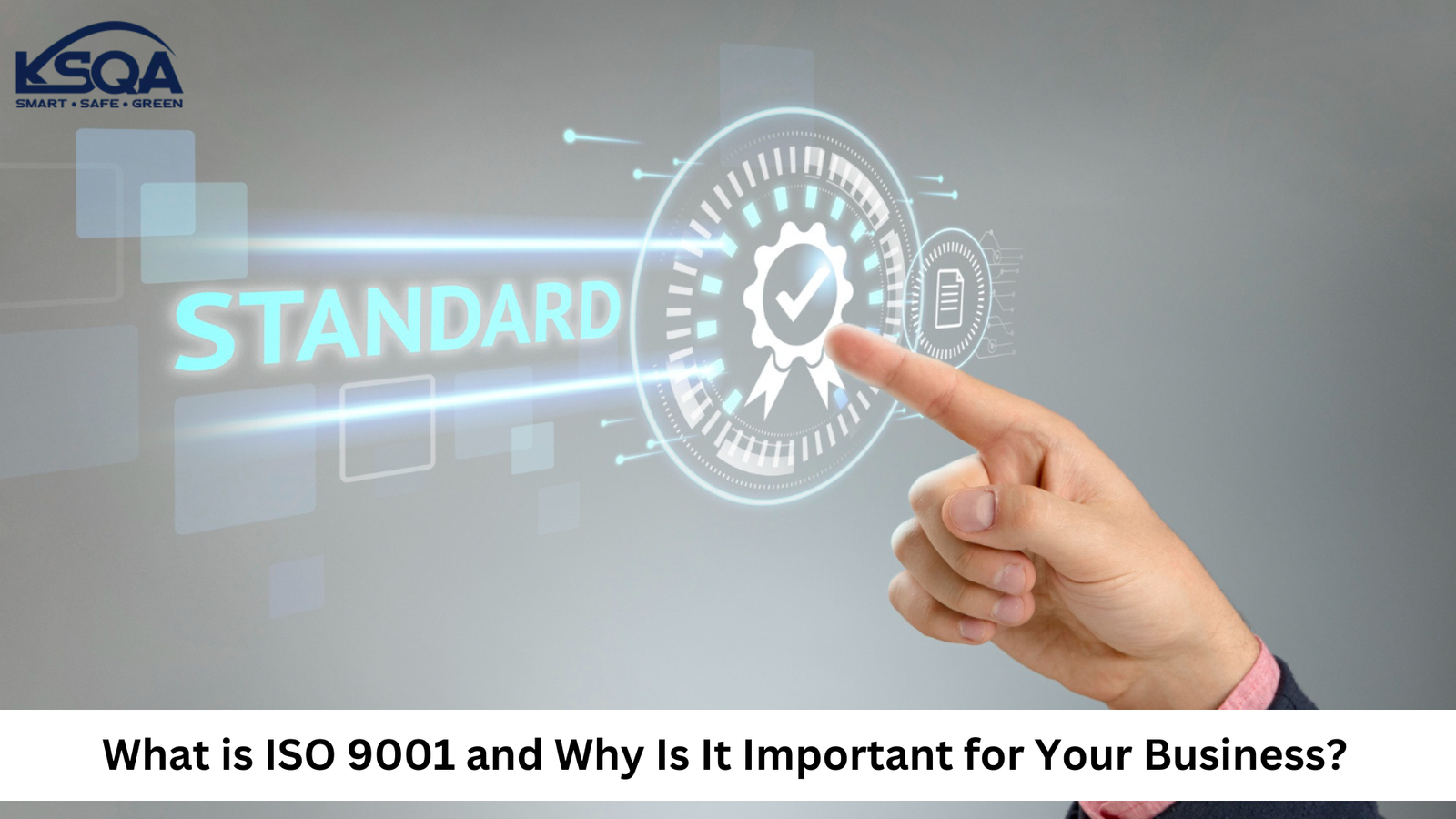Are you preparing for an ISO 9001 audit? Wanderfull decision! However, achieving ISO 9001 auditor certification can be overwhelming, as there are some stringent guidelines set by the authority to make the framework truly authentic.
But with the right strategy, you can confidently navigate the complicated ISO audit process. This is where ISO 9001 auditor certification comes into play. This certification helps you maintain top-notch quality of service for your clients and streamline operations inside your organization. Wondering how? Then stay with us.
In this blog, we will discover how this auditor certification can prepare you for a successful ISO audit effortlessly. So whether you are a business owner aiming for ISO certification or an individual pursuing a career as an ISO 9001 auditor, this guide will help you navigate the journey into actionable steps.
What is an ISO 9001 Audit?
An ISO 9001 audit is an evaluation process of your organization’s QMS to secure an ISO 9001 certification. As per a report, “85% of certified organizations report advantages such as enhanced company reputation, greater demand for their products and services, and a larger market share.”
Therefore, conducting ISO audits is essential to achieving the same. This audit is designed to assess whether your organizational processes, policies, and practices align with the principles of quality management or not.
What ISO 9001 Audit Typically Involve
Here are some crucial steps that an ISO audit typically involves:
Document Review: Checking your QMS documentation, such as your quality policy, objectives, and procedures.
On-Site Inspection: Physically observing how well your QMS has been implemented.
Interviews: Speaking with employees to understand how they use the system.
Successfully completing an ISO 9001 audit demonstrates your organization’s commitment to quality and opens up new opportunities for growth.
Step-by-Step Guide to Preparing for an ISO 9001 Audit
Here is a roadmap to equip you for a successful ISO 9100 audit:
Understand the Purpose of ISO 9001 Certification
The first step before diving into preparation is to assess why you’re pursuing ISO 9001 certification. Is it because customers demand it? Or are you looking to improve internal processes and customer satisfaction? Defining your purpose will guide your efforts and make the process more meaningful.
Study the ISO 9001 Standard
To succeed in an ISO 9001 audit, you need a solid understanding of the standard. ISO 9001 focuses on key principles like:
Customer focus
Leadership commitment
Process-based approaches
Continuous improvement
Having a deep understanding of these concepts will help you align your organization’s QMS with ISO 9001 audit requirements.
Define Your Quality Policy and Objectives
Your organization’s quality policy is the foundation of your QMS. It should reflect your organization’s commitment to quality and align with your business goals. Once your policy is in place, set measurable objectives to track your progress.
For example, if your goal is to improve customer satisfaction, define specific metrics to measure success, such as reducing customer complaints or improving delivery times.
Plan Your Resources
Preparing for an ISO 9001 audit requires careful resource planning. Allocate time, budgets, and personnel to each phase of QMS implementation.
While ISO 9001 doesn’t define a formal implementation plan, having one can help you stay on track. Your plan should include steps, timelines, and assigned responsibilities.
Map Out Your Processes
ISO 9001 emphasizes a process-based approach. To meet this requirement, identify your organization’s key processes and how they interact. Create a process map that includes inputs, outputs, controls, and resources for each activity.
Ensure your processes are documented, understood by employees, and regularly reviewed for improvement opportunities.
Train Your Employees
Your team plays a crucial role in passing an ISO 9001 audit. Provide them proper training sessions to help your employees understand:
The purpose of the QMS
Their roles and responsibilities
The importance of complying with ISO 9001 requirements
Having customized training programs for different job roles will ensure everyone is prepared and confident during the audit process.
Organize Documentation
ISO 9001 requires specific documents and records, such as:
Quality policy and objectives
Process documentation
Corrective action records
Implement a document control system to ensure all records are accurate, accessible, and up-to-date. It will make it easier to demonstrate compliance during the audit process.
Conduct Internal Audits
Internal audits are essential for identifying gaps in your QMS before the official ISO 9001 audit. Use these audits to evaluate your system’s effectiveness and address non-conformities.
Document your findings and take corrective actions to resolve any issues. Internal audits also help build confidence and ensure your team is ready for the external audit.
Schedule the Certification Audit
Once your QMS is operational for a few months, you’re ready to schedule the certification audit. The process involves two stages:
Stage 1: Reviewing your documentation to ensure readiness.
Stage 2: On-site evaluation of your QMS implementation.
Work with an accredited certification body to complete the audit and obtain your ISO 9001 certification.
Why ISO 9001 Auditor Certification Matters
If you’re considering a career in auditing, achieving ISO 9001 auditor certification is a valuable credential. Here’s why it’s important:
Demonstrates Expertise: ISO 9001 auditor certification shows that you have the knowledge and skills to evaluate QMS implementations effectively. It’s a mark of credibility that sets you apart in the field of quality management.
Opens Career Opportunities: Certified auditors are always in demand across industries. With ISO 9001 auditor certification, you can get the opportunity to work as an internal auditor for an organization or as a third-party auditor for certification bodies.
Supports Professional Growth: The certification process involves rigorous training, exams, and practical experience. This not only enhances your technical skills but also builds your confidence as a professional.
Steps to Achieve ISO 9001 Auditor Certification
Here is a simple roadmap to achieve auditor certification:
Understand ISO 9001 Requirements: Start by studying the standard and familiarizing yourself with its principles and clauses.
Complete an Auditor Training Course: Enroll in a recognized ISO 9001 auditor training program to learn about audit planning, execution, and reporting.
Gain Practical Experience: Participating in audits to apply your knowledge in real-world scenarios can be immensely beneficial for real-time experience.
Pass the Certification Exam: Most certification bodies require candidates who have passed an exam to demonstrate their competence.
Maintain Certification: Stay updated on changes to ISO 9001 and renew your certification periodically.
Conclusion
Preparing for an ISO 9001 audit and achieving auditor certification may seem like a daunting task, but if you follow a structured approach, navigating the complicated audit process is a breeze.
Whether you’re implementing a QMS for your organization or planning to pursue a career as an auditor, follow the above guidelines to drive sustainable growth both in your organization and personal career in the long term.
Contact KSQA to learn more about ISO 9001 certification!

.jpg)



.png)

